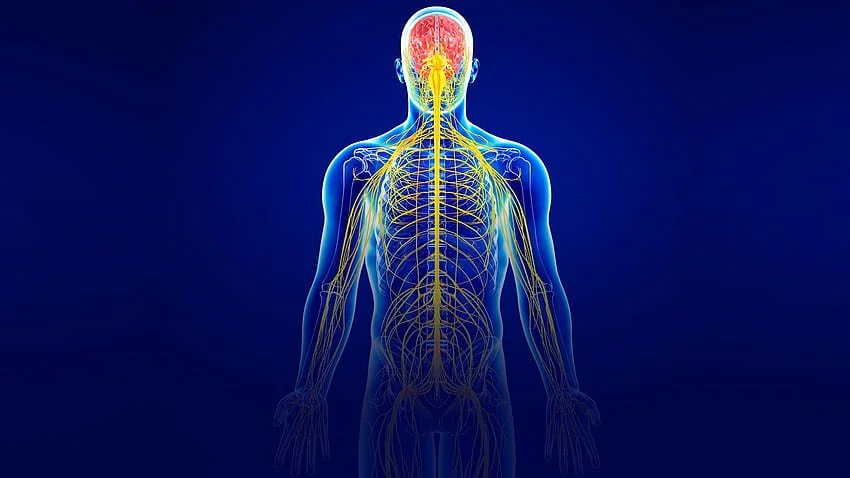Recovery from addiction or trauma is not about one big breakthrough—it’s about steady, consistent steps that help you rebuild trust in yourself. Confidence doesn’t show up overnight. It grows through small daily actions…
“If your relationships feel like déjà vu, there’s probably a reason.”
And no—it’s not because you keep “choosing the wrong people.” More often, it’s because unresolved trauma quietly drives your behaviors, reactions, and emotional responses inside relationships. Trauma doesn’t just affect who you date or love; it shapes how you show up, especially under stress, intimacy, or conflict. If you’ve ever thought, “What drives me keep doing this?”—you’re asking the right question.
If you want real change this year, don’t start with willpower. Start with your nervous system. Because when your nervous system feels safer, calmer, and more regulated, everything else gets easier: habits, relationships, emotions, and yes—even motivation.

Recovery isn’t a straight line — it’s more like a mountain trail with steep climbs, unexpected turns, and moments where the view takes your breath away. Whether you’re healing from trauma, overcoming addiction, navigating challenges in relationships, or managing your mental health, every step forward is progress.

For many people, the holidays don’t feel like a celebration—it feels like emotional triage. Family gatherings can bring warmth and connection, but for those with toxic, neglectful, manipulative, or emotionally volatile relatives, the holidays can trigger anxiety, resentment, shame, and old pains. When your family system includes addiction, mental health issues, or trauma, sitting around the table can feel less like gratitude and more like survival.

Healing generational trauma requires more than awareness—it demands intentional action. Many of us inherit patterns of abuse, neglect, addiction, mental illness, social inequality, and other hardships from our family systems. These experiences, compounded by harmful environmental conditions, lack of resources, and systemic oppression, can shape our beliefs, behaviors, and emotional responses. Understanding these patterns through the lens of attachment theory and developmental theory is a vital first step toward breaking the cycle.


